In simple terms, diabetes is a chronic health condition that affects how your body turns food into energy. The CDC breaks down the process a bit more: "Your body breaks down most of the food you eat into sugar (glucose) and releases it into your bloodstream. When your blood sugar goes up, it signals your pancreas to release insulin. Insulin acts like a key to let the blood sugar into your body's cells for use as energy." When you have diabetes, your body either doesn't make enough insulin or can't use the insulin it produces as well as it should. This lack of insulin causes too much blood sugar to stay in your bloodstream, which can cause serious health problems over time, such as heart disease, vision loss, and kidney disease.
Over 34 million Americans are affected by this disease. Unfortunately, there isn't a cure for diabetes yet, but there are ways to manage it. Maintaining a healthy weight, eating a balanced diet, upholding an active lifestyle, and taking medication can contribute to managing diabetes.
Foot Problems and Diabetes
Because diabetes can damage your nerves and cause problems with blood flow in your feet, those who have the disease are more likely to encounter various foot problems. By taking the time to care for your feet, you can prevent more serious problems from occurring in the future. Keep reading to learn some tips for taking good care of your feet.
Wash and Dry Your Feet Daily
You must wash and dry your feet every day. You need to keep your feet clean, but you should avoid soaking them in water for long periods, so you don't dry out your skin. You should always use mild soaps and warm water when washing your feet. You should also make sure that your feet are thoroughly dry by patting them instead of rubbing them. After you wash your feet, it's best to put on some kind of lotion to avoid the cracking that often accompanies dry skin. You should take extra care with moisturizing your feet in the cold winter months because the cold air and central heating can dry out your feet. Wearing regular (non-compression) socks to bed will help!
Check Your Feet Daily
You should check the tops and bottoms of your feet carefully each day. According to WebMD, some things you should watch out for include: cracked skin, blisters, cuts, scratches, bruises, fungus, redness, increased warmth, tenderness, ingrown toenails, corns, and calluses. Also, don't try to treat these injuries by yourself. Always consult a doctor if you find anything alarming.
Take Care of Your Toenails
It's easier to cut your toenails after taking a bath when they're soft. Avoid cutting into the corners of your toes, but don't let the corners of your toenails grow into the skin. This can cause ingrown toenails which can be very painful. If you go to a salon to have your toenails cut, bring your nail tools to avoid any potential infections. If you do your nails at home, do not cut your cuticles or use anything sharp to clean under your toenails. Don't do anything that can put you at risk for infection.
Be Cautious When Exercising
You must exercise regularly to keep your blood flow in a healthy place. Try to aim for working 30 minutes of movement into your daily routine. You should always exercise in comfortable shoes and shouldn't work out when you have open sores on your feet.
Choose the Right Shoes and Socks
When you have diabetes, you should never go barefoot or only in socks. You don't want to step on anything that could cut your feet. Always protect your feet with shoes or some other type of footwear. Avoid shoes that leave your toes or heels unprotected, like open-toed shoes, flip-flops, or sandals. Wearing these types of shoes can increase your chances of injury or infection. Make sure your shoes fit and wear special shoes if your doctor recommends them.
When choosing the right socks, there are a few different options. You can opt for a pair of diabetic socks, which can help with your overall foot health by Improving blood flow to your feet, keeping your feet dry, providing cushion, and keeping fungal infections off your feet.
In some cases, the right pair of compression socks might be even more beneficial for those with diabetes. Compression socks can benefit people with diabetes by reducing swelling, the risk of blood clots, numbness, and the risk of skin infections.
However, you must speak with a healthcare professional before using any compression socks when you have diabetes. This is especially true if you've been diagnosed with arterial disease. While compression socks help promote better blood flow in most people, they may hinder proper blood flow in people with arterial insufficiency. It's always better to be safe than sorry, so those with diabetes should always consult their doctor before wearing compression socks.
Prevent Infections
According to WebMD, you should always "watch your blood sugar levels and follow your diet as your doctor directs. If you keep your blood sugar and weight under control, you may have fewer foot problems." Another tip is not to smoke. Smoking can narrow your blood vessels and therefore raise your chance of getting foot problems. You should pay attention and always note any cuts, scratches, scrapes, blisters, corns, or calluses, even if they're small. Report any injuries to your doctor immediately to determine if you need treatment, and do not settle for home treatment options.
You can never be too cautious when it comes to foot care as a diabetic. We hope these tips have given you some newfound knowledge on the subject or at least provided you with a brief refresh on familiar information.
Sources:
https://www.webmd.com/diabetes/caring-feet#091e9c5e80008428-3-9
https://www.cdc.gov/diabetes/basics/diabetes.html
https://crazycompression.com/blogs/crazy-compression/why-are-compression-socks-good-for-people-with-diabetes
https://www.foothealthfacts.org/conditions/diabetic-foot-care-guidelines "

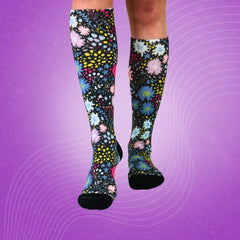
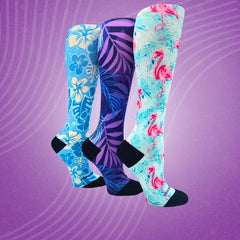
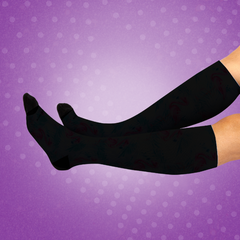
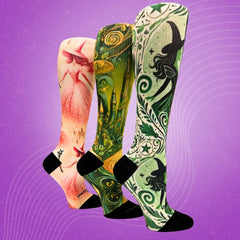
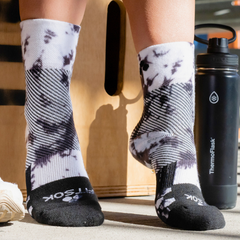
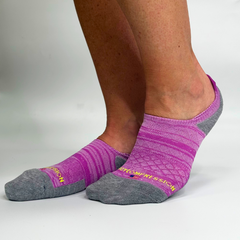








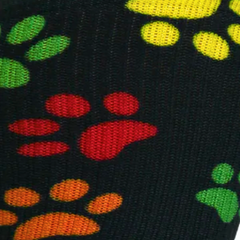
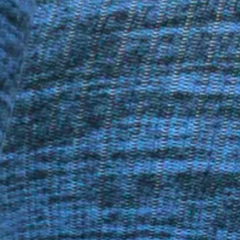
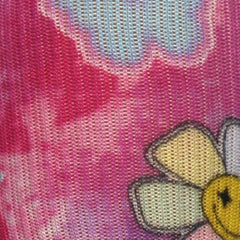


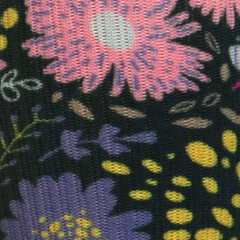
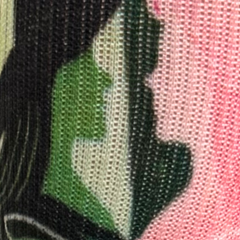
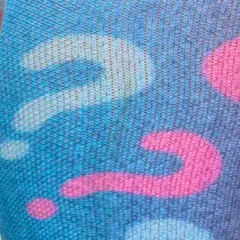
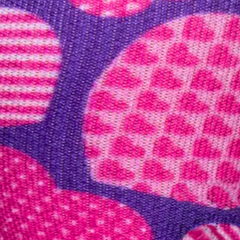

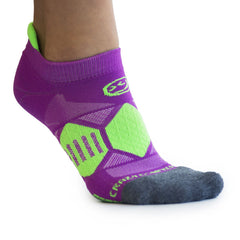




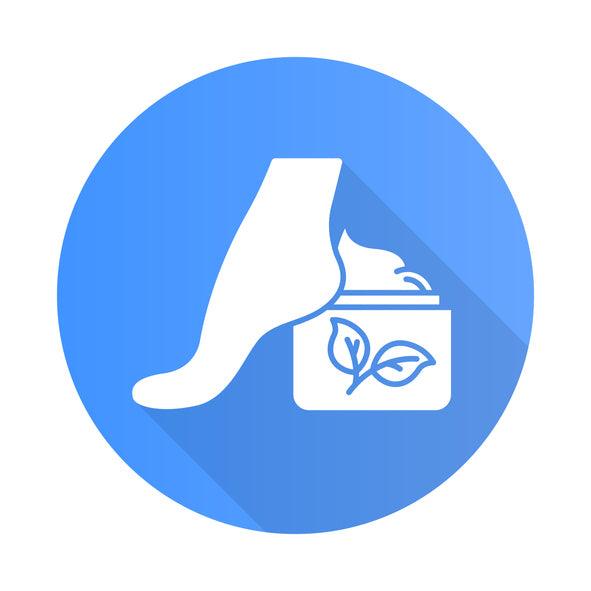


Leave a comment
This site is protected by hCaptcha and the hCaptcha Privacy Policy and Terms of Service apply.